Filter News
Area of Research
- (-) Materials for Computing (5)
- (-) Neutron Science (10)
- Advanced Manufacturing (5)
- Biology and Environment (105)
- Biology and Soft Matter (1)
- Building Technologies (2)
- Clean Energy (112)
- Climate and Environmental Systems (5)
- Computational Engineering (1)
- Computer Science (3)
- Electricity and Smart Grid (1)
- Energy Sciences (1)
- Functional Materials for Energy (1)
- Fusion and Fission (4)
- Fusion Energy (2)
- Isotopes (1)
- Materials (27)
- Mathematics (1)
- National Security (8)
- Nuclear Science and Technology (2)
- Quantum information Science (1)
- Supercomputing (28)
News Topics
- (-) Environment (9)
- (-) Sustainable Energy (7)
- 3-D Printing/Advanced Manufacturing (10)
- Advanced Reactors (1)
- Artificial Intelligence (6)
- Big Data (2)
- Bioenergy (7)
- Biology (6)
- Biomedical (13)
- Biotechnology (1)
- Chemical Sciences (6)
- Clean Water (2)
- Climate Change (2)
- Composites (2)
- Computer Science (18)
- Coronavirus (11)
- Cybersecurity (1)
- Decarbonization (3)
- Energy Storage (10)
- Fossil Energy (1)
- Frontier (1)
- Fusion (1)
- High-Performance Computing (2)
- Isotopes (1)
- Machine Learning (3)
- Materials (24)
- Materials Science (35)
- Mathematics (1)
- Microscopy (7)
- Nanotechnology (17)
- National Security (3)
- Neutron Science (101)
- Nuclear Energy (3)
- Physics (9)
- Polymers (7)
- Quantum Computing (1)
- Quantum Science (9)
- Security (2)
- Simulation (1)
- Space Exploration (3)
- Summit (6)
- Transportation (9)
Media Contacts
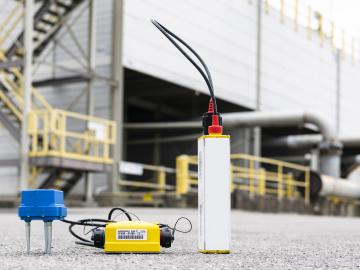
Like most scientists, Chengping Chai is not content with the surface of things: He wants to probe beyond to learn what’s really going on. But in his case, he is literally building a map of the world beneath, using seismic and acoustic data that reveal when and where the earth moves.
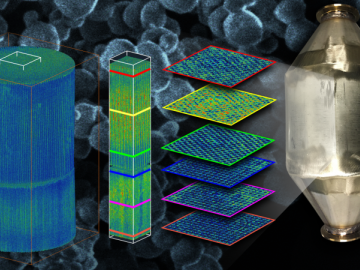
Natural gas furnaces not only heat your home, they also produce a lot of pollution. Even modern high-efficiency condensing furnaces produce significant amounts of corrosive acidic condensation and unhealthy levels of nitrogen oxides

Paul Langan will join ORNL in the spring as associate laboratory director for the Biological and Environmental Systems Science Directorate.

Tackling the climate crisis and achieving an equitable clean energy future are among the biggest challenges of our time.

Oak Ridge National Laboratory researchers have developed a new catalyst for converting ethanol into C3+ olefins – the chemical

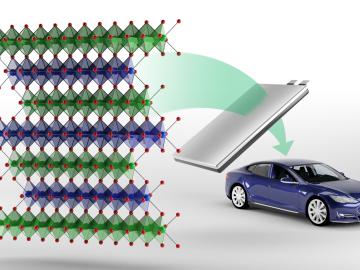
Oak Ridge National Laboratory researchers have developed a new family of cathodes with the potential to replace the costly cobalt-based cathodes typically found in today’s lithium-ion batteries that power electric vehicles and consumer electronics.
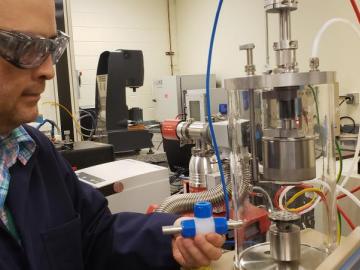
Four research teams from the Department of Energy’s Oak Ridge National Laboratory and their technologies have received 2020 R&D 100 Awards.

Five researchers at the Department of Energy’s Oak Ridge National Laboratory have been named ORNL Corporate Fellows in recognition of significant career accomplishments and continued leadership in their scientific fields.
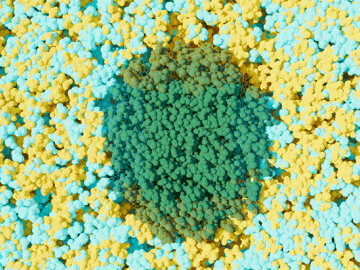
Scientists at ORNL used neutron scattering and supercomputing to better understand how an organic solvent and water work together to break down plant biomass, creating a pathway to significantly improve the production of renewable




